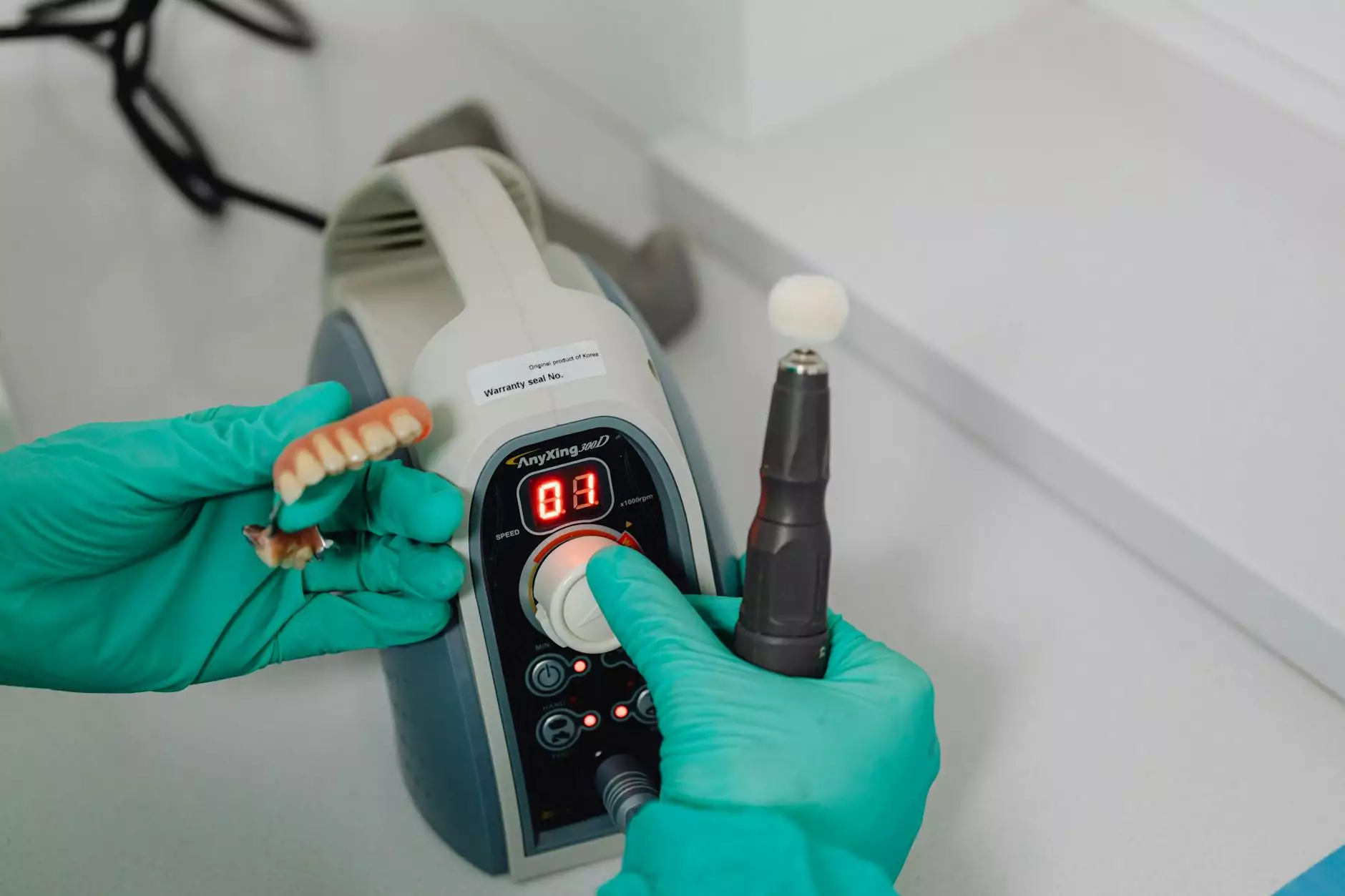Understanding the Pancreatic Cancer Center: A Guide to Hope and Healing

Pancreatic cancer is one of the most challenging cancer types, known for its late diagnosis and aggressive nature. However, advancements in treatment and a multidisciplinary approach at dedicated pancreatic cancer centers have improved outcomes and provided hope to many patients. In this detailed article, we will explore the vital roles these centers play in fighting this disease, the various treatment options available, and the importance of early detection.
What is a Pancreatic Cancer Center?
A pancreatic cancer center specializes in the diagnosis, treatment, and management of pancreatic cancer. These centers are typically staffed with a team of experts, including oncologists, surgeons, radiologists, nutritionists, and support staff, who work together to provide comprehensive care tailored to each patient's unique needs.
The Role of the Multidisciplinary Team
One of the defining features of a pancreatic cancer center is its multidisciplinary team approach. This collaboration ensures that every aspect of a patient's care is addressed:
- Oncologists: These specialists oversee chemotherapy and targeted therapies.
- Surgeons: Experts in performing complex surgeries, often including the Whipple procedure.
- Radiologists: Utilize imaging technologies to aid in diagnosis and treatment planning.
- Dietitians: Help manage nutrition, as a healthy diet can be crucial for recovery.
- Psychologists/Counselors: Provide emotional support to patients and families throughout the treatment process.
Innovative Diagnostic Techniques
Early detection of pancreatic cancer significantly improves the chances of successful treatment. Pancreatic cancer centers use innovative diagnostic techniques to identify the disease at its earliest stages:
- Imaging Tests: Advanced imaging technologies such as CT scans, MRIs, and PET scans help visualize the pancreas and detect tumors.
- Endoscopic Ultrasound (EUS): A minimally invasive procedure that uses sound waves to create detailed images of the pancreas, often accompanied by fine needle aspiration (FNA) to obtain tissue samples for biopsy.
- Biomarker Testing: Blood tests that evaluate specific biomarkers associated with pancreatic cancer, aiding in diagnosis and treatment personalization.
Effective Treatment Strategies at a Pancreatic Cancer Center
Once diagnosed, patients have access to a variety of treatment options tailored to the stage of cancer, patient health, and personal preferences. Here are the main treatment modalities offered:
Surgery
Surgical intervention is often the most effective treatment for localized pancreatic cancer. Some common surgical procedures include:
- Whipple Procedure: A complex operation that involves removing the head of the pancreas, part of the small intestine, and parts of the bile duct and stomach.
- Distal Pancreatectomy: Removal of the tail of the pancreas, often performed for tumors located at the tail end.
- Total Pancreatectomy: Complete removal of the pancreas, typically reserved for specific cases where cancer has spread extensively.
Chemotherapy
Chemotherapy is a cornerstone in the treatment of pancreatic cancer. It can be used before surgery (neoadjuvant therapy) to shrink tumors or after surgery (adjuvant therapy) to eliminate any remaining cancer cells. Common chemotherapeutic agents include:
- Gemcitabine
- FOLFIRINOX (a combination of fluorouracil, leucovorin, irinotecan, and oxaliplatin)
- Nab-paclitaxel
Radiation Therapy
Radiation therapy can be used in conjunction with chemotherapy and surgery. It uses high-energy particles to target and kill cancer cells. New technologies such as Stereotactic Body Radiation Therapy (SBRT) allow for higher doses of radiation to be delivered to the tumor while minimizing damage to surrounding healthy tissues.
Targeted Therapy and Immunotherapy
Targeted therapy drugs work by targeting specific genes or proteins that contribute to the growth and survival of cancer cells. Immunotherapy harnesses the body’s immune system to attack cancer. Recent clinical trials have shown promising results with combination therapies, which may be available at specialized pancreatic cancer centers.
Clinical Trials: The Gateway to Innovative Treatments
Pancreatic cancer centers are often at the forefront of research and offer access to clinical trials for new therapies. Participating in a clinical trial can provide patients with the opportunity to receive cutting-edge treatments that are not yet widely available. Here are some benefits of enrolling in a clinical trial:
- Access to New Treatments: Patients may receive the latest therapeutic options.
- Expert Care: Participants are often monitored closely by leading oncologists.
- Contributing to Research: Participation helps advance our understanding of pancreatic cancer.
The Importance of Support Services
Navigating a pancreatic cancer diagnosis is challenging, and emotional support is vital. Comprehensive pancreatic cancer centers offer support services to help patients and families cope with the complexities of treatment:
- Support Groups: Provide a platform for patients and families to share experiences and coping strategies.
- Psychological Counseling: Professional support to manage anxiety, depression, and emotional turmoil associated with a cancer diagnosis.
- Nutrition Counseling: To help patients maintain their strength and overall health during treatment.
Patient and Family Education
Educating patients and their families about pancreatic cancer is a fundamental aspect of care at these centers. Knowledge empowers patients to make informed decisions regarding their treatment and care processes. Educational resources often include:
- Informational Workshops: Sessions that cover diagnosis, treatment options, and lifestyle adjustments.
- Printed Materials: Brochures and booklets that outline key information regarding pancreatic cancer.
- Online Resources: Access to reputable websites and databases for up-to-date information.
Survivorship and Long-Term Care
Surviving pancreatic cancer is a testament to the advancements in healthcare and treatment options available at specialized centers. Long-term follow-up care involves regular monitoring for recurrences and ongoing support for physical and emotional health:
- Regular Check-Ups: Essential for early detection of any new symptoms or recurrences.
- Rehabilitative Services: To help regain strength and improve quality of life post-treatment.
- Continued Support: Access to resources for coping with the emotional aspects of survivorship.
Conclusion: The Future of Pancreatic Cancer Care
The evolution of treatment strategies and support services at pancreatic cancer centers brings renewed hope to patients and families affected by this formidable disease. With a focus on early detection, individualized treatment plans, and comprehensive support, these centers play an essential role in the fight against pancreatic cancer.
As research continues and treatment options expand, patients are encouraged to seek care at specialized centers where they can receive top-notch medical attention and be part of a supportive community. The path to healing may be complex, but advancements in pancreatic cancer care pave the way for a brighter future.









